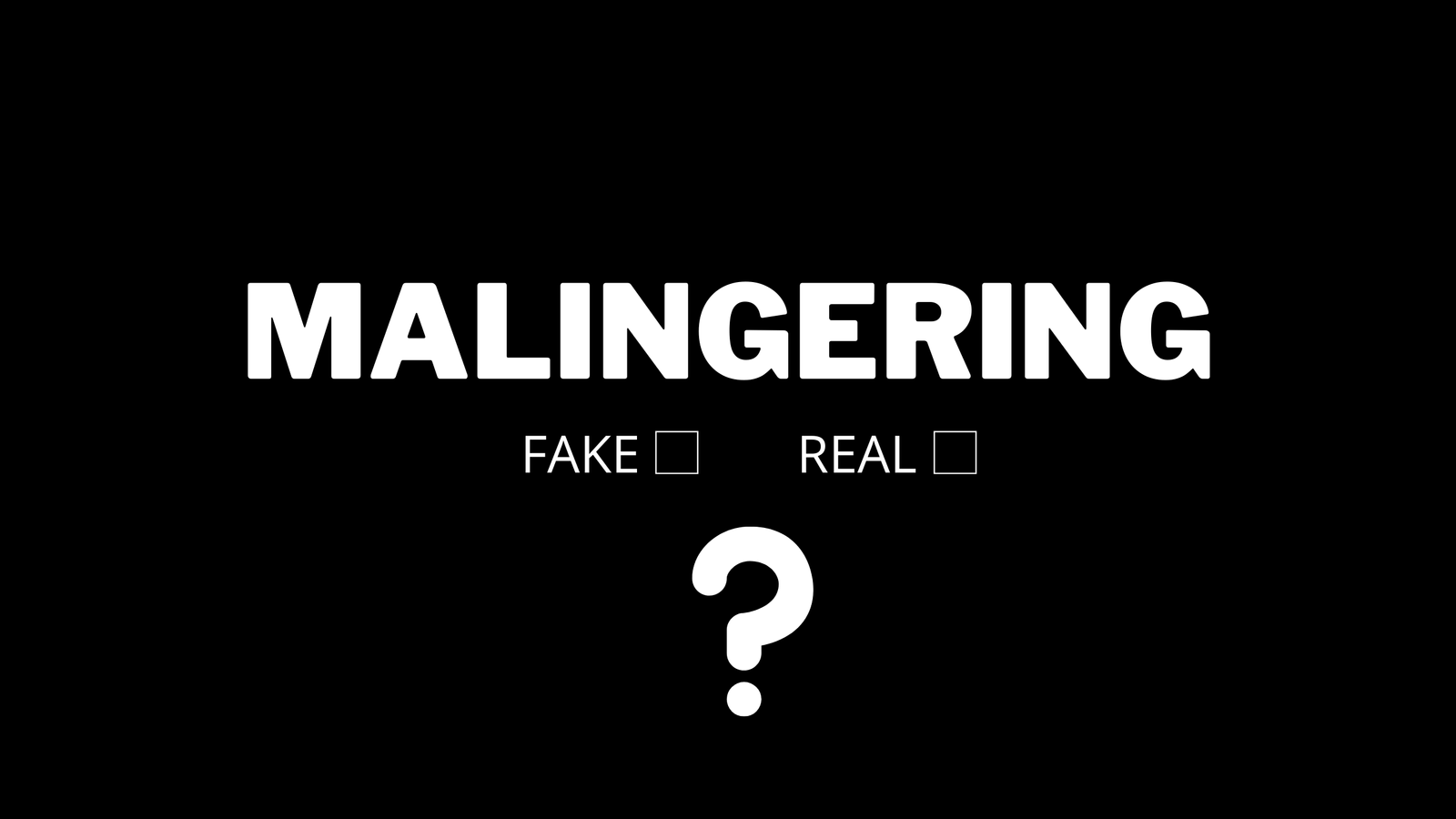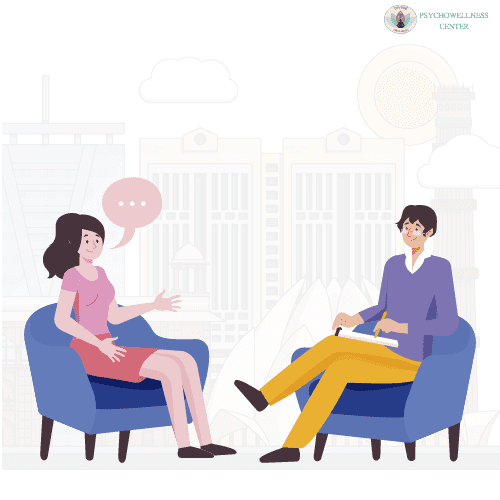Tips for Dealing with Adolescent Anger Issues
.png)
Adolescence is a time when your body and feelings change a lot. You might notice that you feel more angry than usual during this time. It's normal, but it can be tough to handle. You could feel this way for some reason. It could be because of things like your body's hormones going crazy, feeling pressure from friends, fighting with family, stress from school, or trying to figure out who you are. Adolescents with effective coping strategies, including emotional regulation techniques, communication skills, problem-solving abilities, and healthy ways of expression, are empowered to navigate their anger constructively. Providing support and guidance during this critical period can help adolescents develop resilience and emotional intelligence, laying the groundwork for healthier relationships and greater fulfillment in adulthood.
Causes of Adolescent Anger:
Hormonal Changes:
During adolescence, your body goes through a lot of hormonal changes, which can make your emotions go up and down. These changes can make you feel more angry or moody than usual. It's not just in your head; it's because your hormones are doing their own thing. These hormones can mess with how your brain grows, making you more impulsive and finding it harder to control your feelings. So, if you're feeling extra angry sometimes, it's probably just your hormones acting up.
Peer Pressure:
When you're a teenager, you might feel a lot of pressure to be like everyone else around you. This pressure to fit in and do what others are doing is called peer pressure. It can make you feel really frustrated and even angry, especially if you feel like you're being left out or pushed aside by your friends. It's tough when you want to be accepted, but it feels like you have to change who you are to fit in. Peer pressure can cause some strong emotions, including anger, as you try to navigate social situations and find your place among your peers.
Family Conflict:
When there's trouble at home, like parents splitting up, arguments, or even violence, it can mess with how you feel. Family conflicts can make you feel upset, angry, or even resentful. Sometimes, the stuff happening at home can feel like it's all your fault, even if it's not. It's really hard to deal with all those emotions, especially when you're still figuring things out as a teenager. When family issues aren't resolved, it can make you feel even more angry and upset, like you're carrying around a heavy weight on your shoulders. So, it's important to find healthy ways to cope and talk about what's going on with someone you trust.
Academic Stress:
The stress of trying to do well in your classes and the fear of failing can weigh you down. Things like exams, deadlines, and high expectations from parents and teachers can make you feel super frustrated, stressed, depressed, mood swings, impulsivity, and angry. It's like there's this constant pressure to be perfect, and if you don't meet those expectations, it can feel like you're letting everyone down. All that stress can make you feel like you're ready to explode with anger sometimes. So, it's important to find ways to manage that stress and talk to the best psychologists in India if it feels like too much to handle on your own.
Identity Exploration:
Being a teenager is all about trying to figure out who you are and where you fit in the world. It's like you're on a journey of self-identity. But sometimes, that journey can be confusing and make you feel unsure of yourself. You might find yourself questioning things like your beliefs, your interests, and even your place among your friends and family. All these questions cause a lot of emotions, including anger. You might feel frustrated with yourself for not knowing who you are or with others for not understanding you. It's all part of growing up and finding your place in the world, but it can make you feel angry and upset along the way. So, it's important to be patient with yourself and know that it's okay to feel unsure sometimes.
Coping Strategies for Adolescent Anger:
Emotional Regulation Techniques:
Learning how to manage emotions, especially anger is important for teenagers. One way to do this is by using techniques to regulate your emotions. Deep breathing exercises, where you take slow breaths in and out, can help calm your mind and body when you're feeling angry. Mindfulness meditation is another technique that involves focusing on the present moment and letting go of negative thoughts. Progressive muscle relaxation, where you tense and then relax different muscle groups, can also help release tension. These techniques can be powerful tools for adolescents to use when they're struggling with anger, helping them to stay calm and make better decisions in difficult situations.
Communication Skills:
Developing good communication skills can make a difference, especially when it comes to handling anger. When teenagers learn how to express their feelings and needs clearly and respectfully, it can help prevent conflicts from escalating into something bigger. By teaching adolescents how to communicate assertively, they can express themselves without being aggressive or hostile. This means being able to speak up for themselves while still respecting the feelings of others. Encouraging open and honest communication within families and among friends can also strengthen relationships and make everyone feel more understood and supported. When people feel like they can talk openly about how they're feeling, it can help prevent misunderstandings and resolve conflicts more peacefully. So, learning good communication skills is a really valuable tool for managing anger and building healthier relationships.
Problem-Solving Skills:
Teaching adolescents problem-solving skills can be a game-changer when it comes to managing anger. Instead of just reacting to their anger, they can learn how to tackle the underlying issues head-on. By helping them identify what's causing their anger, they can start to brainstorm solutions. This empowers them to take control of their emotions and the situations that trigger their anger. It's like giving them a toolkit to deal with their feelings constructively. When adolescents feel like they have the power to solve problems, it can reduce their frustration and help them feel more confident in handling challenging situations. So, encouraging problem-solving skills is a powerful way to help adolescents manage their anger and take charge of their lives.
Healthy Coping Mechanisms:
Encouraging adolescents to find healthy ways to cope with their emotions is important, especially when it comes to dealing with anger. Instead of bottling up their feelings or lashing out, they can channel their emotions into activities that make them feel good. Things like physical exercise, whether it's going for a run or playing sports, can help release built-up tension and boost mood. Creative outlets like art or music allow them to express themselves positively, turning their feelings into something beautiful. Even spending time in nature can be incredibly calming and grounding, helping them find peace amidst the chaos. By promoting these healthy coping mechanisms, adolescents have alternative ways to release stress and constructively manage their anger. It's all about finding what works best for them and helping them build a toolbox of coping strategies they can rely on whenever they need it.
Seeking Support:
Adolescents need to understand that it's perfectly okay to ask for help when they're struggling with anger or any other emotional challenges. Trusted adults like parents, teachers, or mental health professionals are there to support through online counseling. Seeking professional help can provide adolescents with the tools and resources they need to manage their emotions effectively. Sometimes, talking to someone who's trained to help can make a big difference in understanding and coping with difficult feelings. It's important to know that they're not alone and that help is available whenever they need it. By reaching out for support, adolescents can learn valuable skills and strategies to navigate their emotions and live happier, healthier lives.
Adolescent anger is a complex puzzle influenced by many pieces, including hormonal changes, peer pressure, family conflicts, academic stress, and identity exploration. By understanding these factors, we can help teenagers handle their emotions better. Teaching them coping strategies is key. Open communication lets them express themselves, while emotional regulation techniques like breathing exercises help calm their minds. Problem-solving skills empower them to tackle issues head-on, and promoting healthy coping mechanisms like exercise or art gives them positive outlets. Lastly, having support from trusted adults or professionals is crucial. By providing these tools and support, we can help adolescents navigate their anger and build resilience for life's challenges, leading to happier, healthier futures.
At the Psychowellness Center, which is conveniently accessible throughout Delhi NCR, including NOIDA, Faridabad, Janakpuri, Dwarka, and Vasant Vihar, you can also make an appointment with top-tier specialized psychologists to receive mental health therapy for yourself.
Contribution:- Dr. (Prof) R.K. Suri, a clinical psychologist and life coach, and Mr. Manish Kumar a counseling psychologist, offer knowledgeable advice to support mental health and personal development




SHARE